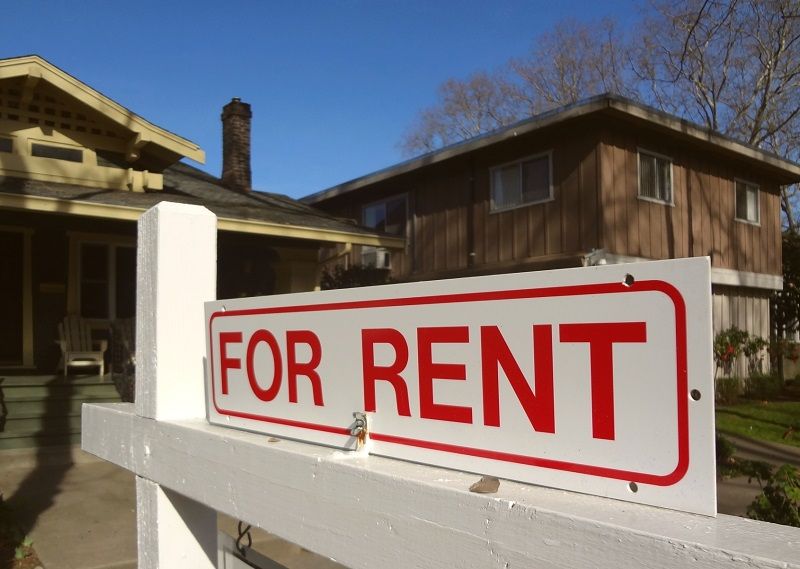Welfare currently pays more than a minimum-wage job in 35 states, according to a new study by the Cato Institute. In 13 states, including Oregon, being on welfare can pay more than $15 per hour. That’s over $31,000 tax-free dollars a year. This decreases welfare recipients’ incentive to accept entry-level work and increases their chances of long-term dependence.
Studies show a crucial key to escaping poverty is work, beginning with a low-wage, entry-level job if necessary. But in many states, welfare pays more than being a starting secretary or even a first-year teacher (and in three states, an entry-level computer programmer). With incentives like this, it’s hard for people with few skills to give up the security of a welfare check for any kind of paid work. Welfare benefits are tax-free, so they can exceed the take-home pay a typical recipient could expect to earn entering the workforce. This traps welfare recipients at the bottom of the economic ladder.
Many welfare recipients do want to work and are trying to find employment. But many others make the rational choice to stay on welfare if that pays more than the work for which they are qualified. If Congress and state legislators want to reduce dependence and reward work, they should strengthen welfare work requirements and resist allowing the cumulative benefits of welfare to continue outpacing the benefits of earning income.
Kathryn Hickok is Publications Director and Director of the Children’s Scholarship Fund-Portland program at Cascade Policy Institute.











